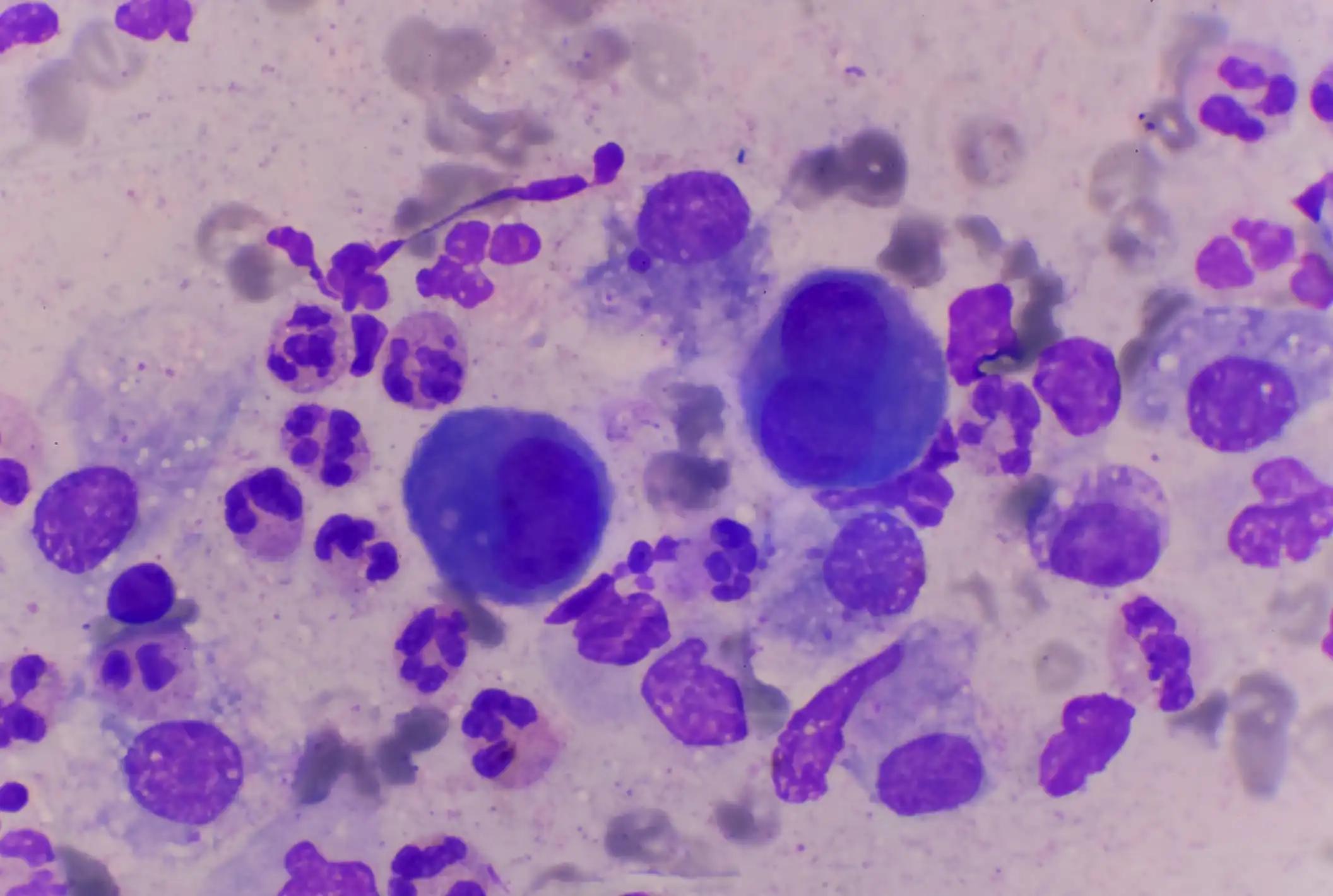KEY TAKEAWAYS
- This phase 1 study analyzed best practices to manage cutaneous toxicities with amivantamab for NSCLC with ex20ins.
- EGFR inhibitors like amivantamab often lead to skin issues, but ongoing support from nurses and APPs enables effective management.
Amivantamab is an approved treatment for individuals with advanced non-small cell lung cancer (NSCLC) featuring ex20ins mutations following platinum-based chemotherapy. These patients (pts) have limited alternative treatments. Skin-related side effects, such as rash and paronychia, are expected consequences of inhibiting EGFR. The term ‘rash’ includes various forms of skin inflammation that may occur during amivantamab therapy.
In the CHRYSALIS study, 380 pts were enrolled. The median follow-up was 9.9 months; 75.8% had rash (with 2.9% at Grade 3), and 43.2% developed paronychia (1.8% at Grade 3). No Grade 4 events were recorded. The median first onset of rash was 14 days, and for paronychia it was 67 days. A wide range of skin toxicities of varying intensity were noted among pts. Rash and paronychia didn’t require frequent treatment adjustments (dose reductions in 5.5% and 2.6%; treatment discontinuation in 0.3% and 0.5% of patients, respectively). To manage rash, pts were given one or more of the following: topical or systemic antibiotics (13.2%; 64.9%), topical or systemic corticosteroids (41.3%; 45.8%), emollients (8.0%), anti-acne treatments (5.9%), and others.
Nurses and advanced practice providers (APPs) offer comprehensive support and play a key role in educating pts and caregivers on preventing and managing cutaneous toxicities. If initial approaches are ineffective, escalation to oral antibiotics and systemic steroids may be necessary, and specialized dermatological consultation is highly advised. Scalp rashes may also occur, but they are managed differently and require specific topical treatments.
The study showed cutaneous toxicities are common adverse events (AEs) when using EGFR inhibitors like amivantamab. Effective management is possible through the support and guidance of nurses and advanced practice providers through the treatment journey.
Source: https://ons.confex.com/ons/2023/meetingapp.cgi/Paper/13569
Clinical Trial: https://classic.clinicaltrials.gov/ct2/show/NCT02609776
Singh-Kandah, S., Wang, K., Xia, K., Johnson, A., D’Andrea, D., Dougherty, L. Cutaneous Toxicities with Amivantamab for Non-small Cell Lung Cancer (NSCLC) with Exon 20 Insertion Mutation (ex20ins): A Practical Guide and Best Practices for Management.



